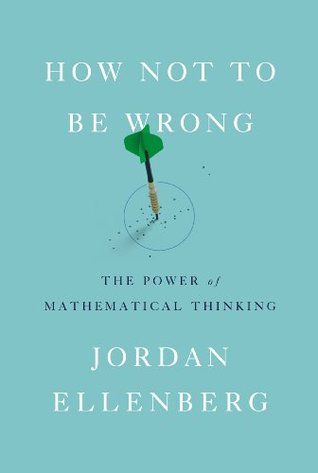Aristotle, as usual, was here first: despite lacking any formal notion of probability, he was able to understand that “it is probable that improbable things will happen. Granted this, one might argue that what is improbable is probable.” Once you’ve truly absorbed this fundamental truth, the Baltimore stockbroker has no power over you. That the stockbroker handed you ten straight good stock picks is very unlikely; that he handed somebody such a good run of picks, given ten thousand chances, is not even remotely surprising. In the British statistician R. A. Fisher’s famous formulation, “the
...more
Welcome back. Just a moment while we sign you in to your Goodreads account.


